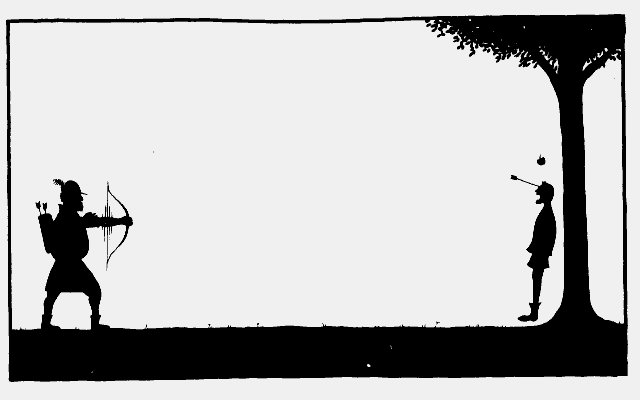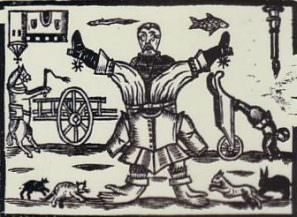Freemasons look to the youth
Much of the time has been spent talking directly to members of the 12 lodges and six chapters at the Masonic Hall in Ripon Street, Aylesbury, to see how they plan the organisation to develop.
He says: “My approach has always been to cultivate ideas from the ordinary members. I have to be accountable to them in many ways, not least because of the large amounts of money they donate to charity every year.”
Gordon, 58, who runs a West London electrical contracting business, joined the craft, as it is known among its volunteers, in 1981.
“I originally became a member because I enjoy meeting people. My wife, Fran, liked going to social events organised by the freemasons and getting involved in supporting charities.
“Only later did I start to understand the symbolism of the ceremonies that freemasons perform in their lodges.
“ It’s so uplifting, and engaging – for many of us, a lifetime’s work.
“It’s similar to joining the scouts, or the armed forces, or getting your university degree. A celebration, but also a formal undertaking to act appropriately. You agree to uphold the values of the organisation – friendship, decency, and charity – and to promise to help your community.”
“We have given more than £1 million over the past 20 years through the Bucks Masonic Centenary Fund, with donations to the Bucks and Milton Keynes Community Foundations and many other charity groups.
“I am very proud of that achievement, as virtually every penny we raise comes from the back pockets of our members.”
Around 60 of them are based at Buckingham Lodge, the oldest Masonic unit in the county, which began at the White Hart Hotel in Aylesbury in May 1852. It has since moved to Ripon Street and, from that start, 119 lodges now exist throughout Buckinghamshire.
Aylesbury Freemasons also devote much time to community activities. One example is the iHelp contest, which provides £14,000 every year to encourage teens into voluntary work.
“Whether (the young men) choose to join freemasonry when they are older... The important thing is that they are living our masonic values – of friendship, decency, and charity – every day. They are the future of Aylesbury. And I am proud that we have given them a lead early on in their lives, to encourage them to serve their community.
“That essentially is what freemasonry is about.”
He says: “My approach has always been to cultivate ideas from the ordinary members. I have to be accountable to them in many ways, not least because of the large amounts of money they donate to charity every year.”
Gordon, 58, who runs a West London electrical contracting business, joined the craft, as it is known among its volunteers, in 1981.
“I originally became a member because I enjoy meeting people. My wife, Fran, liked going to social events organised by the freemasons and getting involved in supporting charities.
“Only later did I start to understand the symbolism of the ceremonies that freemasons perform in their lodges.
“ It’s so uplifting, and engaging – for many of us, a lifetime’s work.
“It’s similar to joining the scouts, or the armed forces, or getting your university degree. A celebration, but also a formal undertaking to act appropriately. You agree to uphold the values of the organisation – friendship, decency, and charity – and to promise to help your community.”
“We have given more than £1 million over the past 20 years through the Bucks Masonic Centenary Fund, with donations to the Bucks and Milton Keynes Community Foundations and many other charity groups.
“I am very proud of that achievement, as virtually every penny we raise comes from the back pockets of our members.”
Around 60 of them are based at Buckingham Lodge, the oldest Masonic unit in the county, which began at the White Hart Hotel in Aylesbury in May 1852. It has since moved to Ripon Street and, from that start, 119 lodges now exist throughout Buckinghamshire.
Aylesbury Freemasons also devote much time to community activities. One example is the iHelp contest, which provides £14,000 every year to encourage teens into voluntary work.
“Whether (the young men) choose to join freemasonry when they are older... The important thing is that they are living our masonic values – of friendship, decency, and charity – every day. They are the future of Aylesbury. And I am proud that we have given them a lead early on in their lives, to encourage them to serve their community.
“That essentially is what freemasonry is about.”









